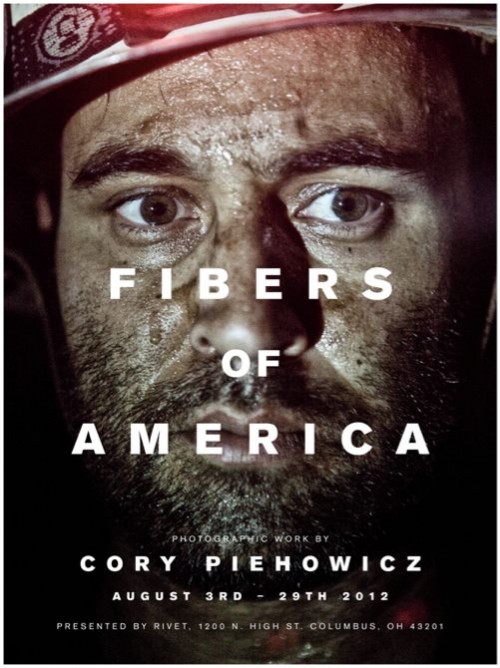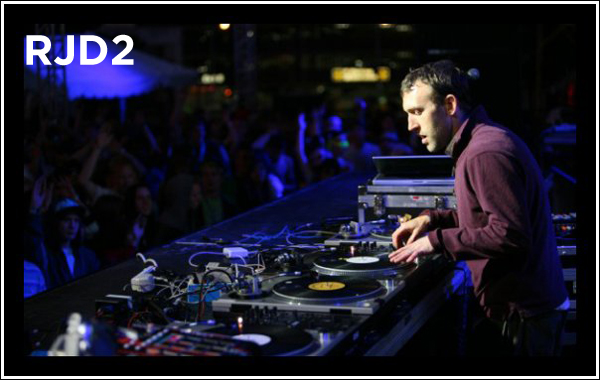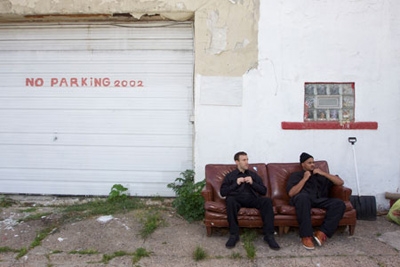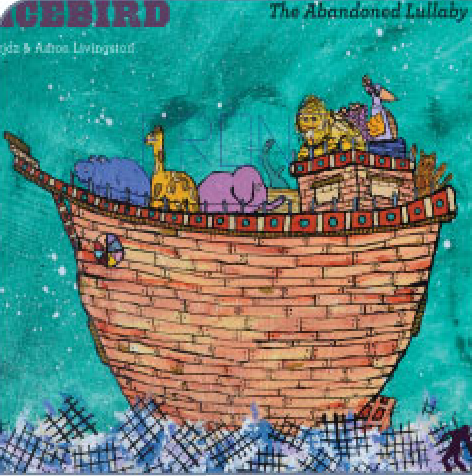
I interviewed RJD2, and Aaron Livingston a few weeks ago about their new project Icebird, and asked them about a few songs on Icebird’s album the Abandoned Lullaby. The conversation got pretty intricate. I was convinced RJ should review records, and Aaron should teach history after this interview was over.
In what way do film scores influence making instrumental records?
RJ: In general what kind of influence do they have? Even before the The Insane Warrior record I had kind of internalized a not quite… I hesitate to say more poppy there are aspects of things like obvious stuff like Star Wars or something like that that you can apply the theme to more traditional song writing. So it’s definitely something I’ve internalized in the same way I would a Gangstarr record or a James Brown record. It was until the Insane warrior record that i really got into the aspect of film scores to really push out from song writing. In a way it’s kind of anti song writing. Super monotonous and most people would probably consider it really boring. Think of the sorcerer or even some of the Goblin stuff it’s super repetitive and super fucking boring to most people but as music I actually find it really interesting inspiring and a welcome break from verses and chords and bridges and intros and everything being in tune and all that kind of shit.
What was the process of the Icebird record?
RJ: It’s tough to say because Aaron by in large would have dominion over the vocals, he was the guy writing all the melodies and lyrics but there wasn’t this really clean division. Cause on a lot of rap records theres this really clean division in terms of opinions on things. When you’re working with a rapper they’re like, I either like the beat or I don’t. But they’ll never say change something, I like the beat but that snare is weird change it. That never happens to me, it’s either take it or leave it. We both considered each others opinions on things. I would add things to a track and he’d say I’m not diggin that I like it better without it. We would work it out. And the same thing applied to the vocals. In terms of how the record was made, for the most part it was a back and forth, I would turn Aaron in an instrumental. I’d write something, cut it and then send it to him and he’d demo up vocals and from there we’d just start adding or taking away stuff both on the instrumental and the vocals until with got something that was working.
Continue reading →









